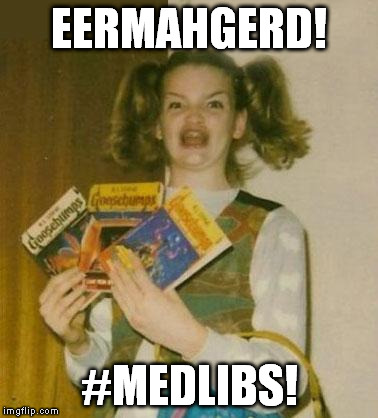ORCID and Libraries Chat
Thursday, October 30, 2014
9pm Eastern/6pm Pacific
Host: Kristi Holmes (@kristiholmes)
Hey #medlibs! As you all know, the issue of unique scholarly identifiers is one that has been of interest to our crowd for a long while. Join us on Twitter on Thursday, October 30th at 9pm Eastern/6pm Pacific to talk about probably the most well-known and broadly accepted, ORCID! What's ORCID, you ask? ORCID provides a persistent digital identifier that distinguishes you from every other researcher and, through integration in key research workflows such as manuscript and grant submission, supports automated linkages between you and your professional activities ensuring that your work is recognized. (Thanks, orcid.org!) This week we'll chat about some of the basics and hear from colleagues who are actively involved with ORCID projects.
- Who has an ORCID and how are YOU using it professionally?
- What is the value of ORCID to different stakeholders?
- What kind of broad integrations have been supported by ORCID so far?
- How are LIBRARIES getting involved?
Please share your projects, bring your questions, and settle in for the discussion.
If you want to get a jump start on the fun, ORCID is hosting a webinar the same morning of our #medlibs chat (Oct 30th at 8am Eastern - a bit hardcore for the 5am Pacific crowd!) of "Libraries, Researchers, and ORCID." Please see the ORCID blog at http://orcid.org/blog/2014/10/21/new-webinar-libraries-researchers-and-orcid for more information.
You may also find the recent OCLC Research Report, "Registering Researchers in Authority Files" of great interest, too. There is a lot of really great information about a host of related issues and efforts here! http://www.oclc.org/research/publications/library/2014/oclcresearch-registering-researchers-2014-overview.html


